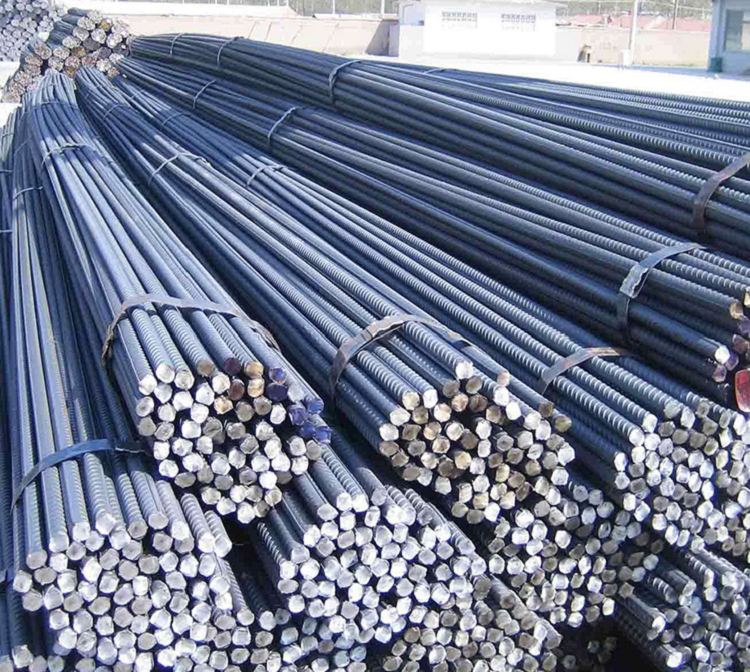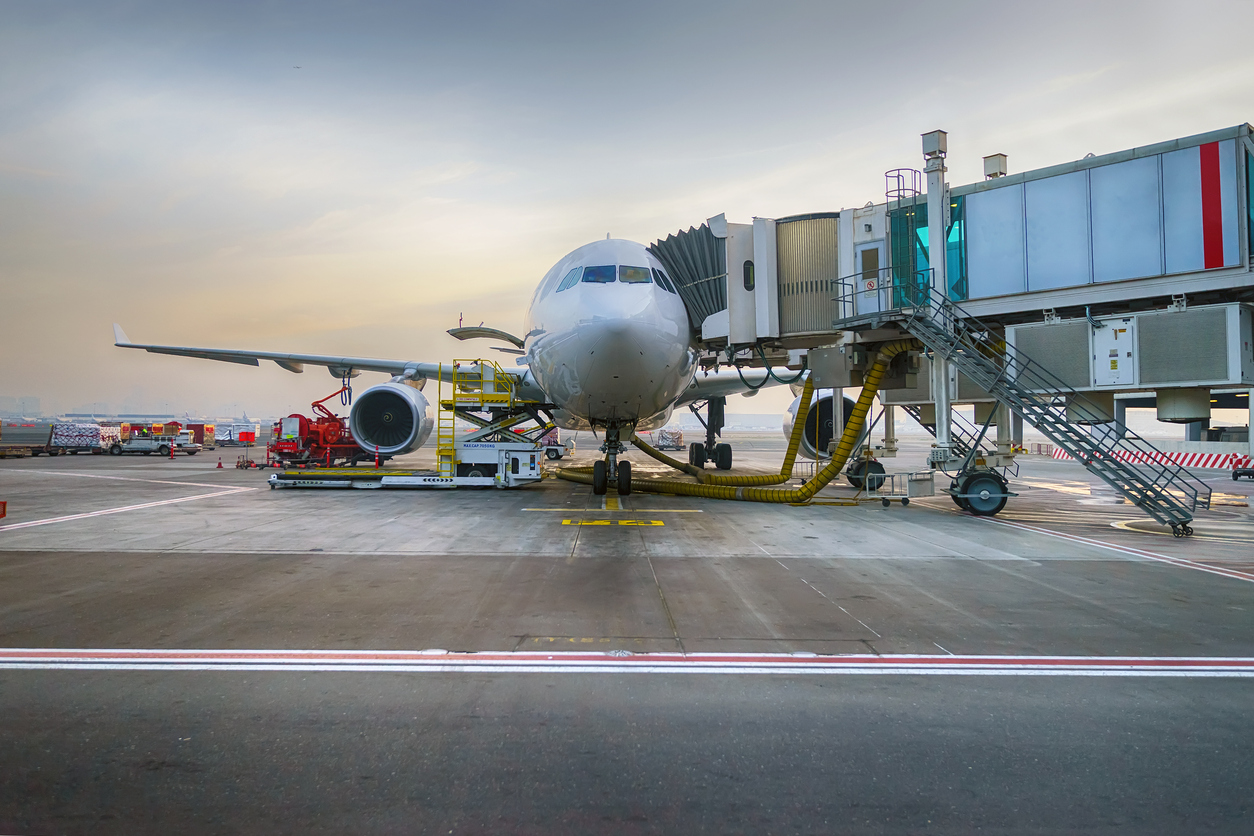Step-By-Step Guide to Buying and Exporting Raw Iron Bars From Angola
Step-By-Step Guide to Buying and Exporting Raw Iron Bars From Angola
Are you looking to purchase and export raw iron bars from Angola? If so, you’ve come to the right place. In this step-by-step guide, you will learn how to purchase and export raw iron bars from Angola safely and efficiently. We’ll cover what documents you’ll need to export the iron bars, how to find reliable suppliers, and how to select the right grade and size of raw iron bars. Plus, you’ll learn how to negotiate the best prices and shipping terms, and how to avoid common mistakes that could cost you time and money. With this comprehensive guide, you’ll be able to confidently purchase and export raw iron bars from Angola with ease.
Overview of Angola’s Iron Bar Exporting Laws
Before purchasing and exporting raw iron bars from Angola, it’s important to understand the country’s iron bar exporting laws. Each country has its own set of customs regulations, which are in place to protect its economy, workers, and infrastructure. This includes regulating the types and quantities of materials that can be imported, exported, and transited through the country. Iron bars are commonly used in the construction and manufacturing industries. They’re also often used as raw material when manufacturing other products. Iron bars are usually made from iron and carbon, and they come in a variety of sizes and grades. Iron bars are very valuable commodities, so it’s very important to understand and follow all the country’s exporting regulations. You don’t want to risk being fined, detained, or having your shipment being rejected by the customs officials.
Finding and Selecting Reliable Suppliers
The first step in the buying and exporting process is to find and select reliable suppliers. Finding the right suppliers can be challenging, especially if you’re new to the industry. However, there are a few things you can do to make the process easier, including: – Researching the market: Before searching for suppliers, you should do some research to get an idea of the market prices, demand, and supply. You can do this by reading industry publications and publications such as Forbes, Bloomberg, and Fortune, to name a few. – Identifying the product you want to export: You’ll need to identify the product you want to export, including the grade and size. Make sure to check the product tables to see if your product is on the list. If not, consider trying a different product. – Finding reliable suppliers: To find reliable suppliers, you can use various online sourcing platforms, including Alibaba, TradeKey, Made-in-China, and TradeGecko. – Negotiating the best terms: When you’ve shortlisted a few suppliers, you should negotiate the best terms and conditions. You can do this by asking for quotations and also asking for references from past customers.
Understanding the Different Grades and Sizes of Iron Bars
Before negotiating the prices for your iron bars, you should understand the different grades and sizes available in the market. The smaller the size, the higher the price. You can find raw iron bars in various sizes, grades, and qualities. The most common grades include: – Grade A: Grade A is the best quality iron bar, which has special properties to meet the most demanding requirements. – Grade B: Grade B iron bars are similar to grade A bars but are somewhat lower in quality.
Negotiating Prices and Shipping Terms
When you’ve shortlisted a few suppliers, you should negotiate the best prices and shipping terms. You can do this by asking for quotations, and also asking for references from past customers. – Price: Price is one of the most important factors when negotiating terms with your suppliers. You should try to get the best price possible, but don’t forget to account for shipping costs too. – Shipping terms: You should also negotiate the shipping terms with your suppliers, such as the port of discharge. Make sure to keep these terms in your negotiation checklist so you don’t forget about them.
Obtaining the Necessary Documents for Exporting
Now that you’ve shortlisted your suppliers, negotiated the best prices, and negotiated the best shipping terms, it’s time to obtain the necessary documents for exporting. Make sure you have everything you need before you finalise your purchase. You should start by confirming that the supplier is a valid and registered company. You can do this by checking the supplier’s company name and address on whois.net. You should also check the supplier’s company legitimacy by searching for their company name on the Federal Trade Commission (FTC) website. You should also make sure that the supplier’s products are certified where applicable, including the product certification, lab test report, and government-issued licenses.
Understanding the Costs Associated with Exporting Iron Bars
Now that you’ve shortlisted your suppliers, negotiated the best prices, and negotiated the best shipping terms, it’s time to estimate the costs for your raw iron bars. There are many factors that will affect the final costs for your iron bars, including the quantity of bars, the size and grade of bars, the port of discharge, and the shipping method. You should also take into consideration any taxes, duties, or fees that might apply to the iron bars. This will vary depending on the country you’re exporting to. You should also account for taxes such as the value-added tax (VAT) and the goods and services tax (GST).
Avoiding Common Mistakes When Purchasing and Exporting Iron Bars
There are a few common mistakes that you should try to avoid when purchasing and exporting iron bars. You should try to avoid being too impulsive when purchasing. Make sure you’ve done your research, and that you’ve shortlisted a few suppliers before you make your final decision. You should also avoid being too hasty when selecting the suppliers. You should make sure that the suppliers are legitimate, registered companies, and that they have valid product certifications where applicable. You should also be wary of suppliers offering prices that are too good to be true. It’s very unlikely that you’ll find suppliers that offer iron bars at a price that’s significantly cheaper than the market price. You should avoid demanding special treatment from your suppliers. You should never ask your suppliers to broker the sale, or to apply special discounts or concessions.
Conclusion
Iron bars are a very common commodity, and they’re used in a variety of different industries, including construction and manufacturing. Before you purchase and export iron bars, you should understand the exporting laws of Angola, find and select reliable suppliers, understand the different grades and sizes of iron bars, negotiate the best prices, and negotiate the best shipping terms. You should also obtain the necessary documents for exporting, understand the costs associated with exporting iron bars, and avoid common mistakes when purchasing and exporting iron bars.








LEAVE A COMMENT
You must be logged in to post a comment.